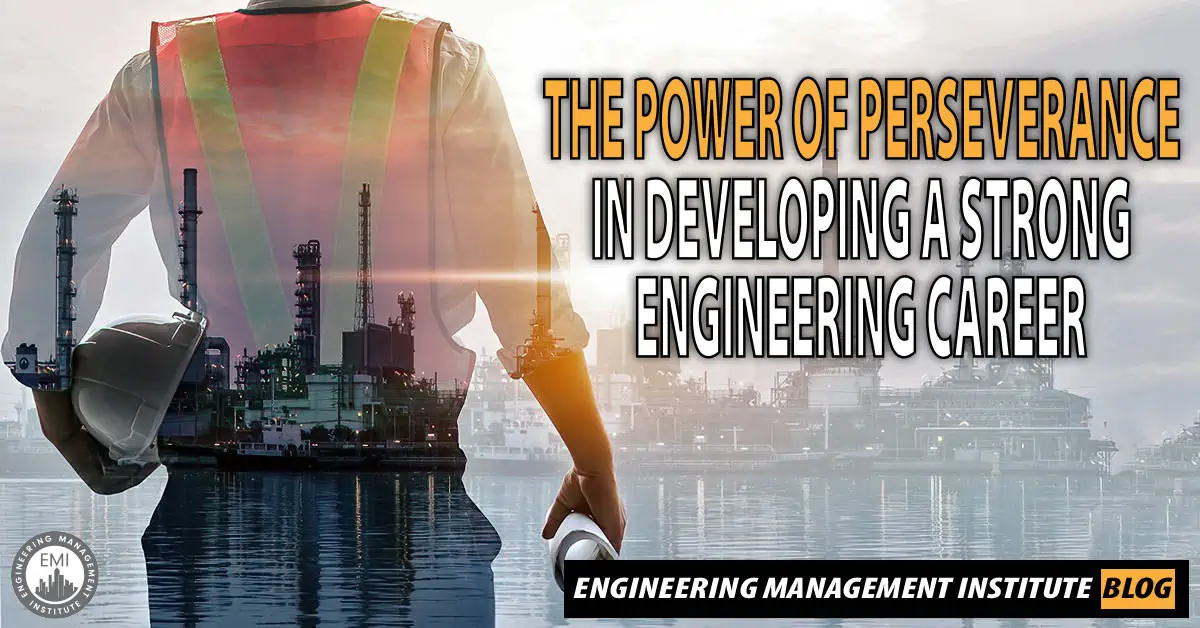This is a guest post by Nader Mowlaee

However, through building new habits, developing your skills, and demonstrating tenacity and grit, you can create a strong engineering career beyond what you initially thought was possible. On the other side, a poor set of personal habits, a low level of aptitude, and a lack of perseverance can explain why most engineers fail to achieve their career goals.
We are going through a very tough job market right now, and since the pandemic began, there have been many engineers who lost their jobs or had to pivot into a new career path so they can survive, keep making an income, and in some cases, to thrive. But you can’t allow job market setbacks, short-term failures, and temporary job losses to take away your energy and take you away from getting what you deserve.
Tough times have proven to be the perfect stimulus you can use to get out of your comfort zone, adopt the right mindset, and use your grit to build a more robust engineering career. As engineers, when we are under pressure, we tend to come up with more creative solutions. This new mindset of creativity and perseverance can determine how you will respond to this job market as well as to your temporary failures when pursuing your goals. By adopting perseverance, we tend to embrace the struggle, learn from our setbacks, and keep moving forward — we persevere.
Regardless of whether you’re an engineer or not, a job worth having doesn’t come easily. If you look back at the careers of some of the most famous people in history and the most successful engineers of our lifetime, you’ll notice that they had to persevere through significant changes in their lives and faced many setbacks and failures along the way. But in the end, they all persevered. They all kept making progress regardless of their circumstances, and they kept moving forward regardless of the challenges life threw at them.
You always have options regarding how you view career struggles, industry setbacks, and job failure. You can interpret them with a closed mind and think you were not made to succeed. Or you can assume a growth mindset and see the positive in every situation. I encourage you to choose to persevere through the hardship and focus on making progress every day. Regardless of how small your steps are, you will reach your career goals as long as they’re taken in the right direction.
Use the Kaizen principles on your engineering career goals. Begin with the smallest part that relates to your most significant career goal. Remember that small hinges open big doors, and forget negative self-talk. Trust yourself more than anyone else. Believe in your ability to learn new skills and have faith in the decisions you make. Be optimistic about the future and see what’s possible instead of what could go wrong. Lastly, when things go wrong — because some things do — forgive yourself. Have self-compassion and accept the fact that you’re not supposed to get everything right.
About Nader Mowlaee:

We would love to hear any questions you might have or stories you might share about the power of perseverance in your engineering career.
Please leave your comments, feedback or questions in the section below.
To your success,
Anthony Fasano, PE, LEED AP
Engineering Management Institute
Author of Engineer Your Own Success





